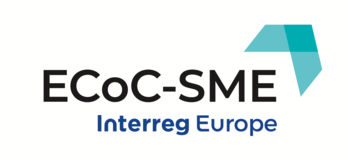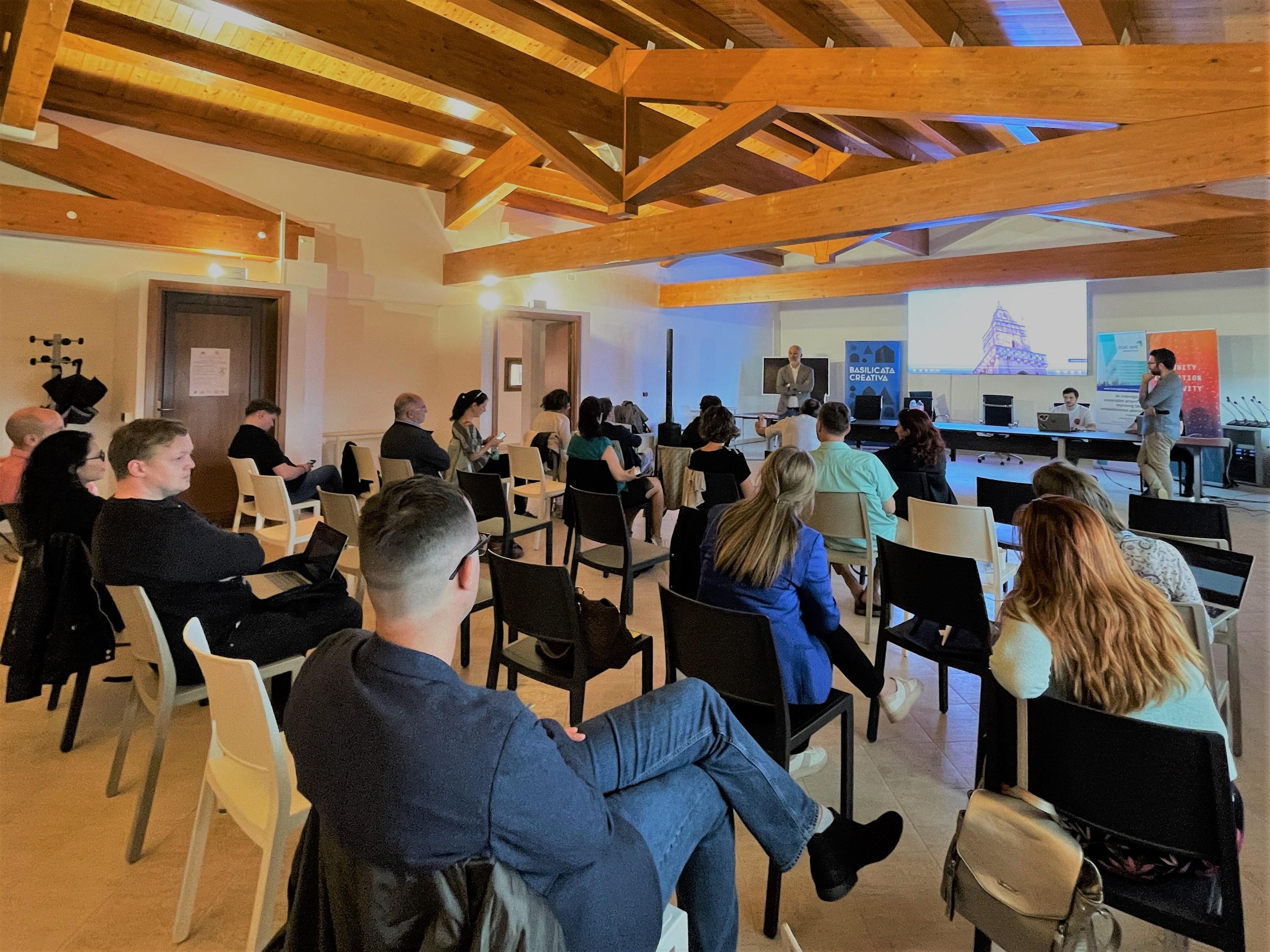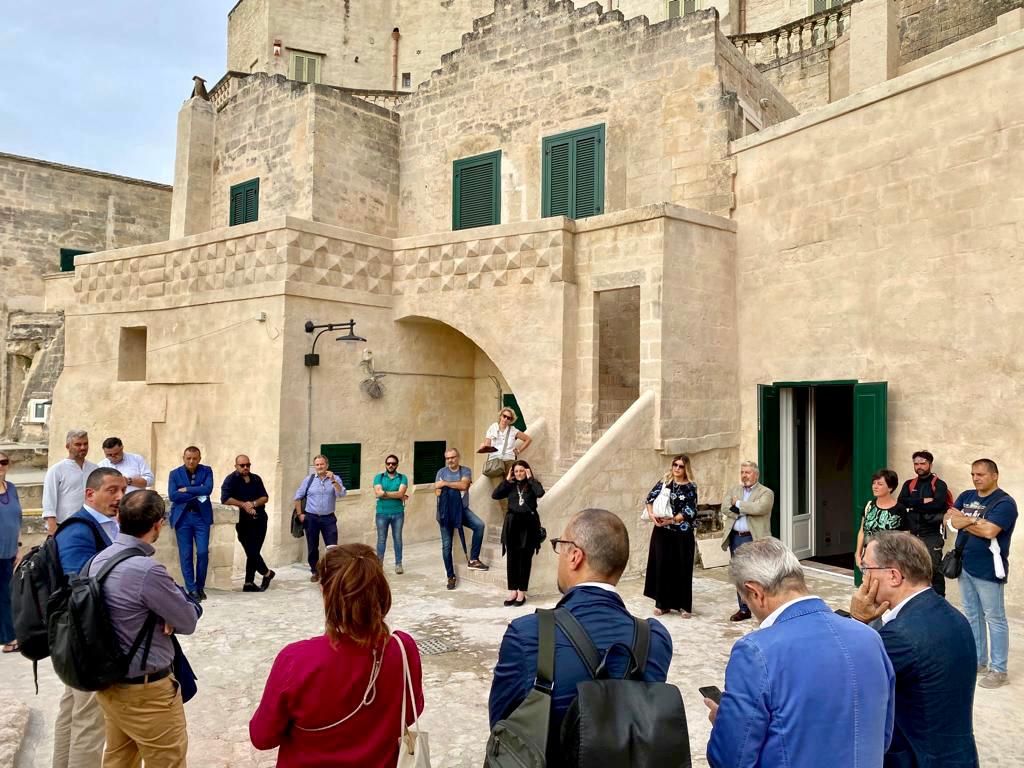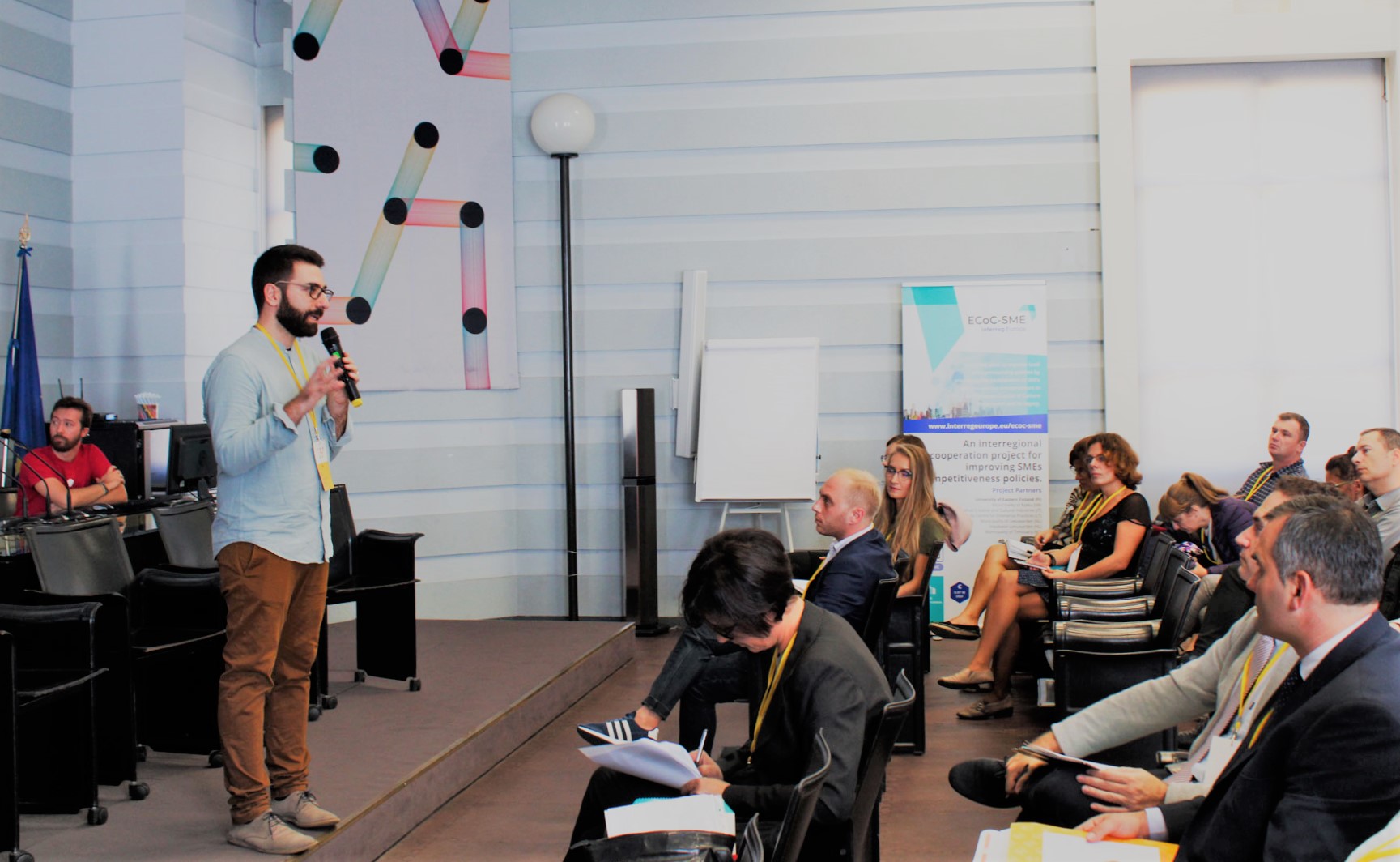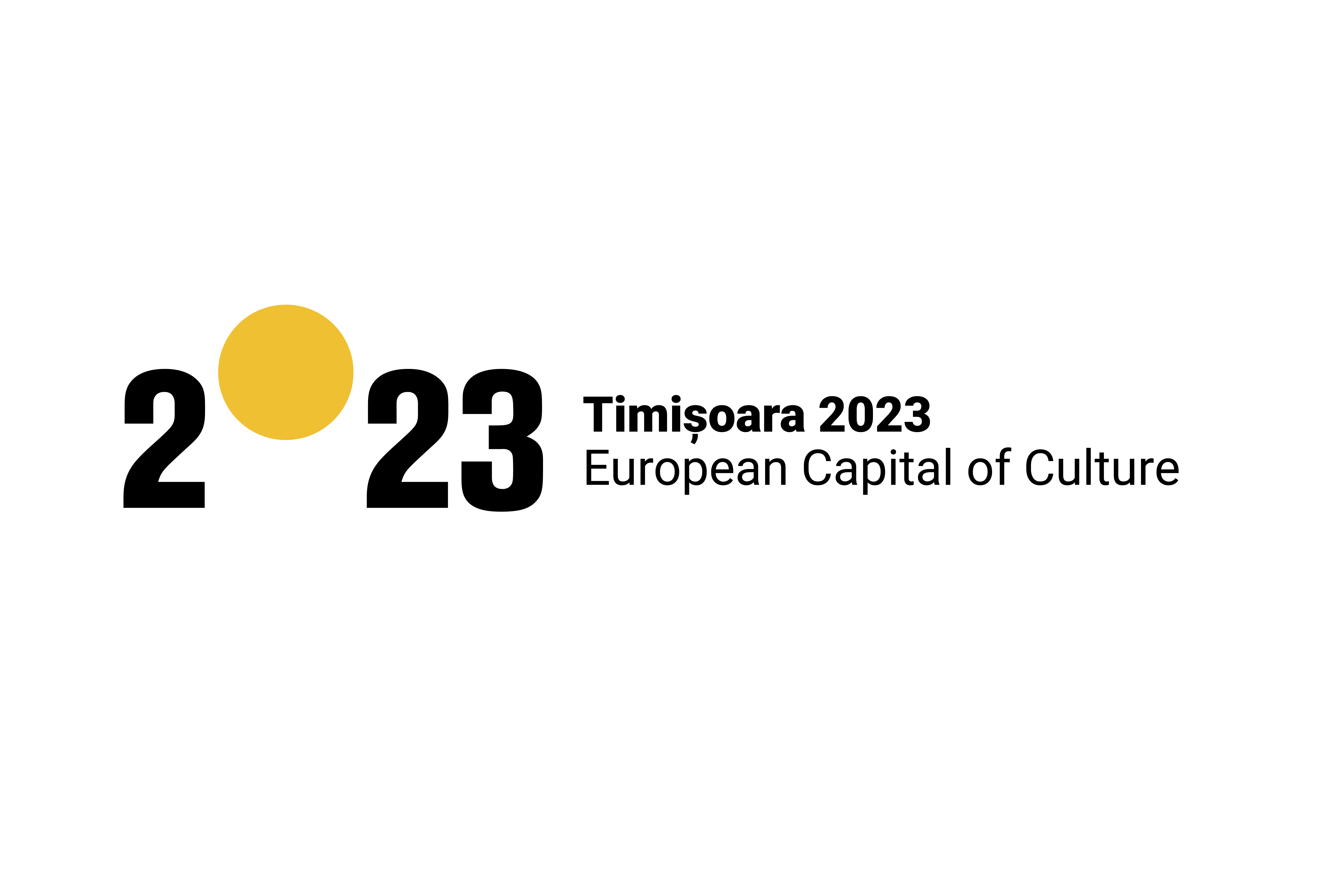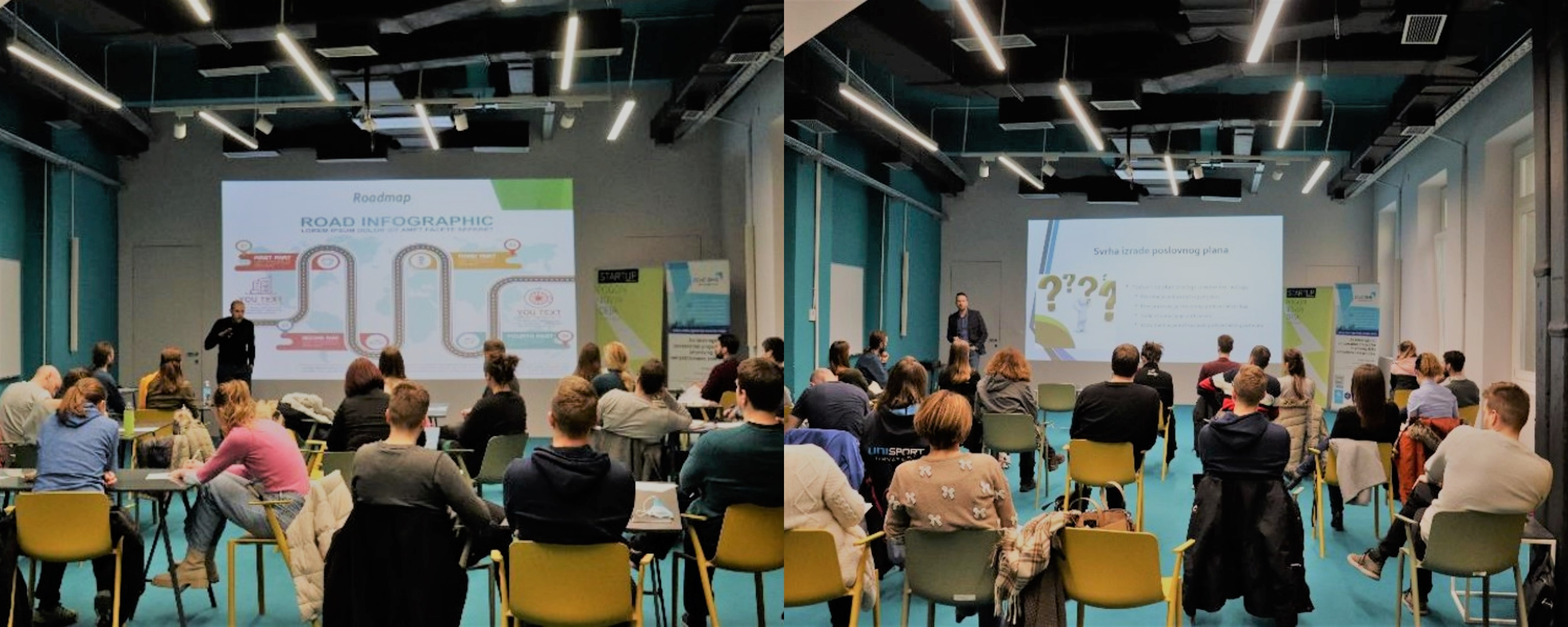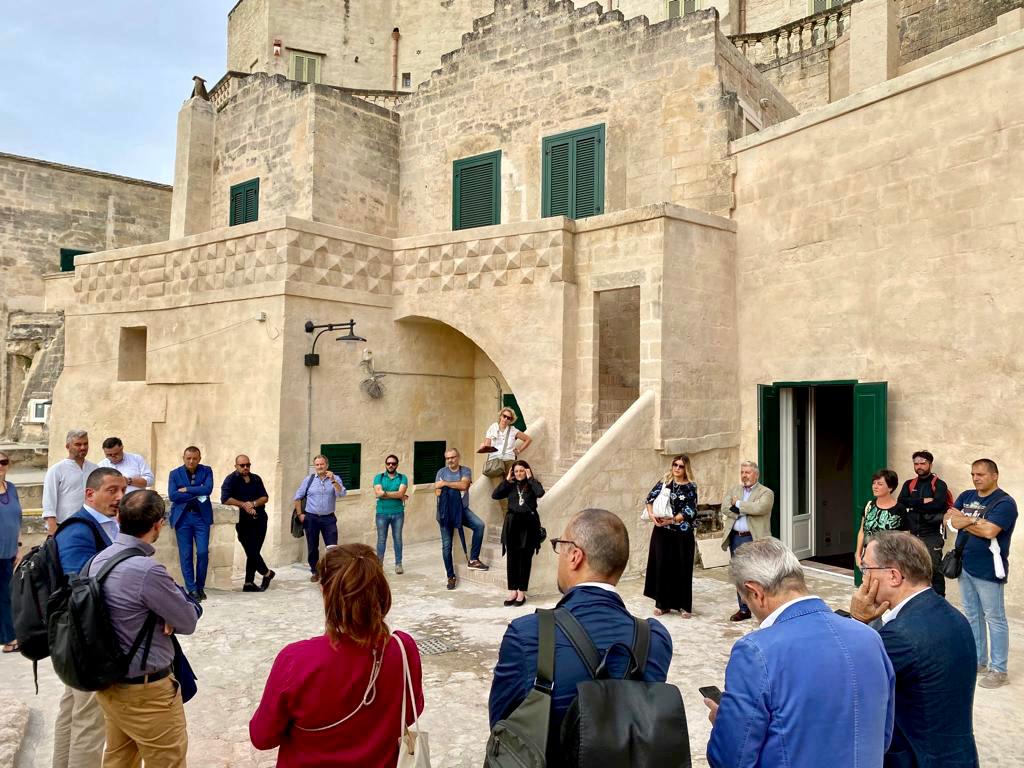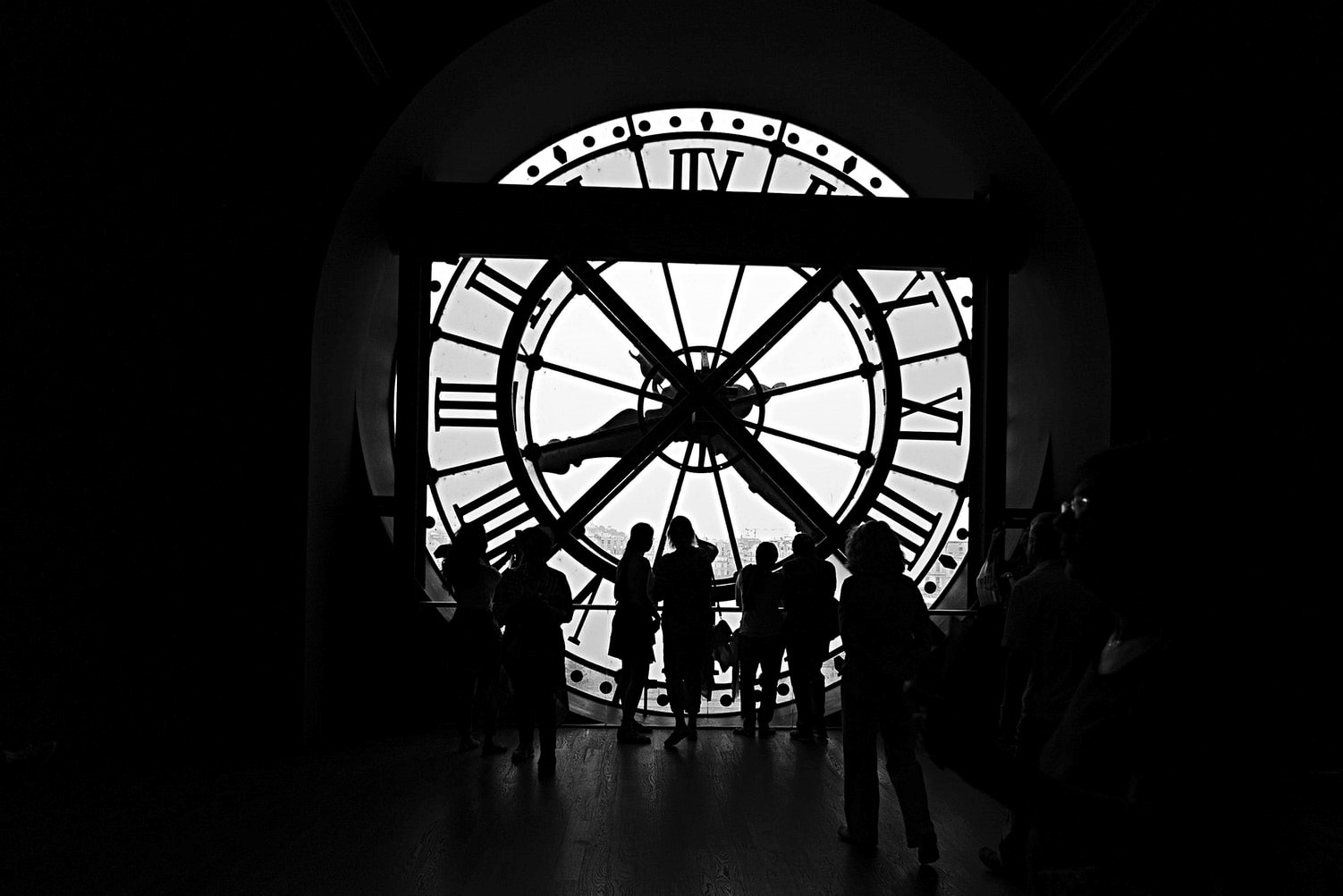The JRC of the European Commission has recently published a report on “European Cultural and Creative Cities in COVID-19 times”.
The publication highlighted a three-tier policy response – from the European Union, to countries, and cities – undertaken to alleviate the adverse impacts of COVID-19 on the cultural and creative industry (CCI). The support is offered through four main channels:
Source: Montalto, V., Sacco, P.L., Alberti, V., Panella, F. and Saisana, M., European Cultural and Creative Cities in COVID-19 times, EUR 30249 EN, Publications Office of the European Union, Luxembourg, 2020, ISBN 978-92-76-19433-0 (online), doi:10.2760/624051 (online), JRC120876.
The Croatian government announced new economic measures to alleviate the impact of COVID-19, specifically with tax exemptions and monthly aids to preserve jobs. The measures are especially targeted at the SME sector.
Under the new state compensation measures, employers can apply for a grant to reimburse their staff’s income loss due to furlough occurring from June to December 2020. Up to 2 000 Kuna can be given per month per eligible employee, providing that the employee’s working time is reduced by no more than 50% of his monthly contracted hours.
A second grant is provided to preserve the jobs of disabled staff working in sheltered workshops, integrative workshops and employment units. Up to 4 000 Kuna per month per eligible employee can be allocated.
Source: 2020 KPMG International Cooperative
At the local level, the support offered for SMEs by the city of Rijeka is multifold, including:
- Exemption and deferral of utility fees
- Exemption from payment of rent for City business premises - tenants who are prohibited from working
- Reduction or exemption from rent of City (and City-owned companies) business premises - tenants who are not prohibited from working
- Exemption from payment of monument rent
- Write-off of receivables for waste collection service
- Postponement of forced debt collection and forced eviction
- Postponement of surtax payment
Source: Grad Rijeka (in Croatian)
In response to the Pandemic and its negative economic impacts that follow, the Ministry of Culture of Croatia has rolled out support measures for CCI in an attempt to support, sustain and recover cultural activities.
The first set of national support measures for CCI was employed in March, as social restrictions put culture programmes on hold, to sustain key cultural organisations.
These measures include the decision to postpone already approved programmes, and the corresponding means to accommodate overheads necessary to upkeep cultural institutions. “The measure insures a recognition of costs for the organisation and an adapted structure of costs in order to ensure minimal liquidity in the cultural sector and prevent the collapse of the entire cultural value chain (creation, production, distribution and participation).”
According to JRC publication, around 10% of Croatian artists and writers are freelancers, and consequently are at risk of not only job losses due to COVID-19, but also a lack of alternative financing schemes or unemployment and health insurances. The Ministry postponed the revision of self-employed artists to the payment of contributions for pension and health insurance from the state budget for a period of six months. A public call to support independent artists was also announced.
As the country reopened after the first wave of COVID-19, the second package of support arrived to restart and revive cultural life.
In May, the Ministry launched two calls to boost new means of cultural and art production. The first is the Art and Culture Online call, with a total grant of 25 million Kuna (3.3 million euros), to finance production activities of online artistic and cultural programmes. Additionally, the Entrepreneurship in Cultural and Creative Industries call prioritises “activities to adapt business models of production, distribution, availability and access to cultural and artistic content” in the fields of performing arts, literature and publishing, visual arts and audiovisual activities. The fund approximates 8 million Kuna (1 million euros).
The Ministry of Culture is in the process of adopting a State Aid Program to support entrepreneurs in culture and creative industries and facilitate access to finance to improve the liquidity of small and medium enterprises affected by the effects of the COVID-19 epidemic. The Ministry ensured 48 million Kuna (6.3 million euros) for the Crisis Fund to help the cultural and media sector.
Source: Ministry of Culture and Media
